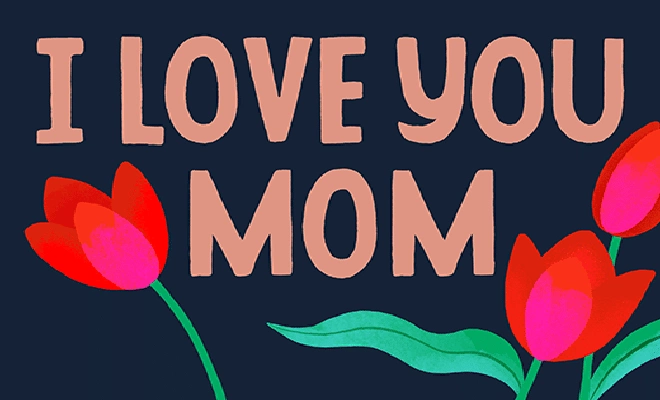A recent study by the McKinsey Global Institute offered a startling calculation: the world can gain $12 trillion by 2025 simply by empowering women and achieving gender parity in the work place and our homes.
This is big news for international leaders, multinational corporations, banking conglomerates – and moms and daughters everywhere.
“The Power of Parity: Advancing Women’s Equality in the United States” outlines the current costs of gender inequity, and how we, as a country, can harness the power of gender equality. Several problems currently cost women, and our society, in terms of lost productivity and advancement over a woman’s lifetime, especially in our southern states. The biggest obstacles are teen pregnancy and single motherhood, which takes women out of the workforce or limits their potential; unequal sharing of unpaid “care work” of child, homes, and relatives; unequal access to higher education; lack of political representation by women; and violence against women.
These findings are all big picture. But to bring them down to our daily lives – and our daughters’ futures — here’s what they mean. When your third child was born, you left work to find greater balance; what if the solution had been for your husband to pick up the children three nights a week, and take over the laundry? Your daughter has her first baby at 19; what if she waited until 29, or even 39? Another daughter gets a graduate degree in finance and goes to work on Wall Street, instead of becoming an elementary school math teacher. You are in a physically abusive marriage; what if instead of having to quit your job and move into a shelter for a year to escape the violence, your abusive partner was removed from your home and prevented from contacting you instead?
McKinsey also outlines solutions. Access to birth control and education about unplanned pregnancy can dramatically improve women’s earning potential and economic success. Educational access to the highest paid fields and special skills can mitigate against the current overrepresentation of women in the lowest paid sectors, such as education and healthcare services. Flexibility in our jobs also has the potential to impact women’s economics, since women hold 64% of part-time jobs, and because three-quarters of stay-at-home moms, who are currently not working for pay, would return to work if they had flexible options.
In addition to equality at work and in our schooling, women need equality at home in order to achieve economic parity with men. Because women do far more house and childcare than men do, they are held back from advancing at work. If men did more child rearing and home tending, women would have more time (and energy) to advance at work. Additionally, home is currently the most dangerous place for women – and the most expensive. The McKinsey study estimates that violence against women, which is largely committed by intimate partners, costs our country $500 billion in annual physical and mental healthcare, and lost productivity at work.
These are all problems in our culture that we need to acknowledge, understand and absorb. And as parents, we need to guide our daughters to avoid them, and ask our sons to help the women in their lives resolve.





